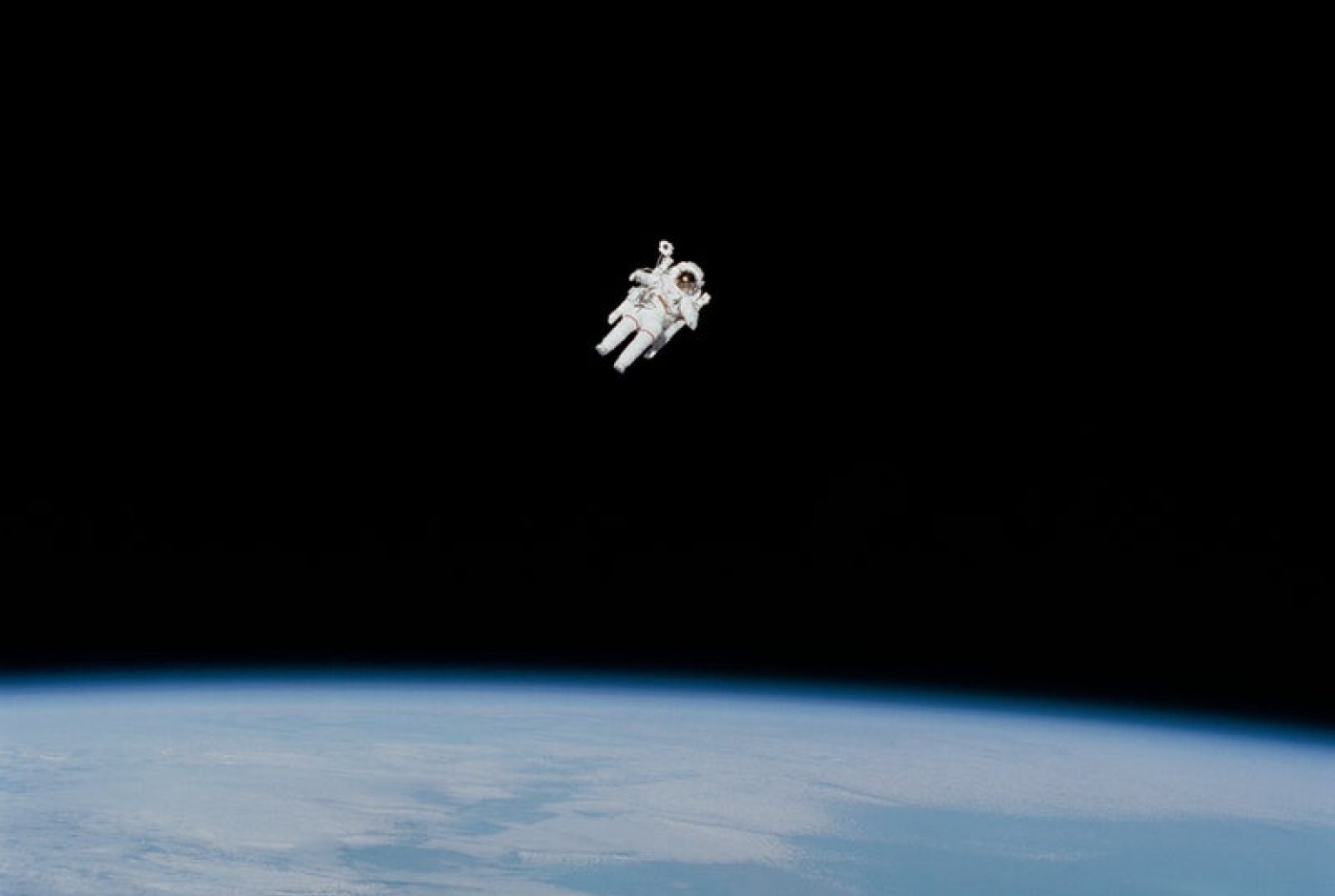
Science Salons
Science Salons are a series of conversations with leading researchers and scholars on key issues of our time. It is a place where researchers can present their work to an audience with the possibility of questions and discussion between the researcher and the audience.
Traditionally salons are a gathering of people under the same roof that are led by an inspiring host with the objective of intellectual entertainment and inspiring conversations, that refine the perception and increase the knowledge of the participants on themes of relevance to society.
The salons were organised in spring and fall seasons in 2019 around broad themes developed during four evening events. The themes intend to create coherence in the four salons and show how different branches of science can illuminate different aspects of the topic being researched.
Themes of past seasons
Water
Fall 2019

Water is a vital prerequisite for life here on Earth. At the same time, water is a very distinctive substance; in its solid form (ice) it fills more than in its liquid one, it has a very high thermal density (it takes a lot of energy to heat it), it is an excellent solvent for charged biological molecules, and most of the Earth's surface is covered with it.
This theme involves the disciplines of physics, chemistry, biology, geology and astronomy, to uncover the significance of water for life here on Earth and to explain how it came to be.
See the BBC video where science journalist Allok Jha asks: Why water is one of the strangest thing in the Universe?
Earth
Spring 2019

Earth is the planet we live on. It is the third planet in the Solar System, and for the time being it is the only place we know. But why is it exactly where life has flourished? What is it about our planet that makes it particularly suitable for life in relation to our neighbouring planets? How old is Earth, how is it formed, and what do we know about its history? What is it made of, and how do we preserve it so that future generations of people will also benefit from it?